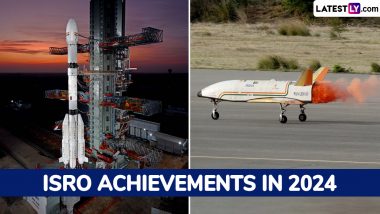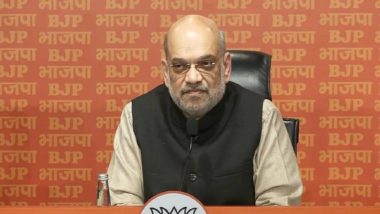Sriharikota, August 12: The failure of the Indian rocket Geosynchronous Satellite Launch Vehicle-F10s (GSLV-F10) cryogenic engine midway during a mission on Thursday will have its impact on India's ambitious moon mission.
India presently has three fully operational rockets -- the Polar Satellite Launch Vehicle (PSLV) and two GSLV variants - GSLV-Mk II with a carrying capacity of 2.5 tonnes and GSLV-MkIII with a payload capacity of four tonnes. ISRO's GSLV Fails to Put EOS-03 in Orbit.
The GSLV is a three stage/engine rocket. The core of the first stage is fired with solid fuel and the strap-on motors by liquid fuel. The second is the liquid fuel and the third is the cryogenic engine developed indigenously.
India is planning a human space mission-Gaganyaan- using GSLV-MkIII rocket. The Indian Space Research Organisation (ISRO) plans to send two unmanned missions to check its rocket and the human capsule before sending its astronauts into the space.
But with the failure of GSLV-F10 on Thursday due to a problem in the cryogenic engine, this will make ISRO to be doubly careful. The GSLV-F10 was on its way to put into orbit the Geo-Imaging Satellite-1 (GISAT-1) renamed as Earth Observation Satellite-03 (EOS-03).
Everything went off well as planned till the cryogenic engine got fired at about five minutes into the rocket's flight. At about six minutes into the rocket's flight and soon after the cryogenic engine started operation, the mission control centre at the spaceport here tensed up as there was no data coming from the rocket.
One of the ISRO officials announced that there was a performance anomaly in the cryogenic engine. Then the ISRO officials realised the mission had failed. After that K.Sivan, Chairman, ISRO said: "The mission cannot be fully accomplished because of a technical anomaly observed in the cryogenic stage."
"Major design and documentation activities for the Ganganyaan project have been completed," Sivan had told IANS earlier. An ISRO official had earlier told IANS that the crew module is under development and orders for 80 per cent of the hardware have been placed.
According to the official, the static tests of the rocket's solid fuel motor are slated this September and liquid fuel engines will also be tested. Meanwhile the four Indian astronauts returned to India this March after completing their training in Russia and will undergo different space mission specific training in the country.
(The above story first appeared on LatestLY on Aug 12, 2021 01:36 PM IST. For more news and updates on politics, world, sports, entertainment and lifestyle, log on to our website latestly.com).












 Quickly
Quickly









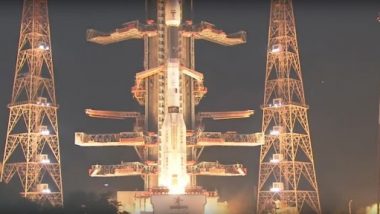
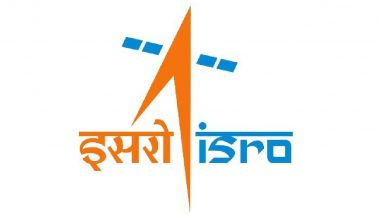
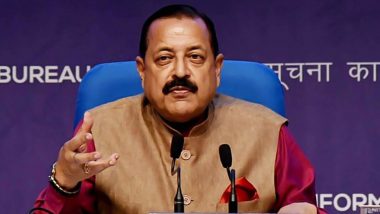 GSLV-F10 Launch by ISRO (Photo Credits: ISRO)
GSLV-F10 Launch by ISRO (Photo Credits: ISRO)